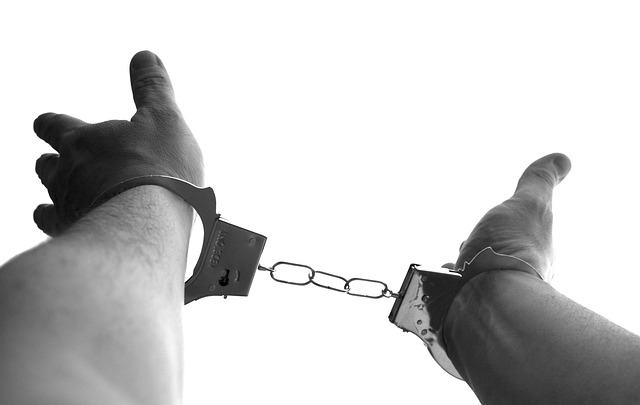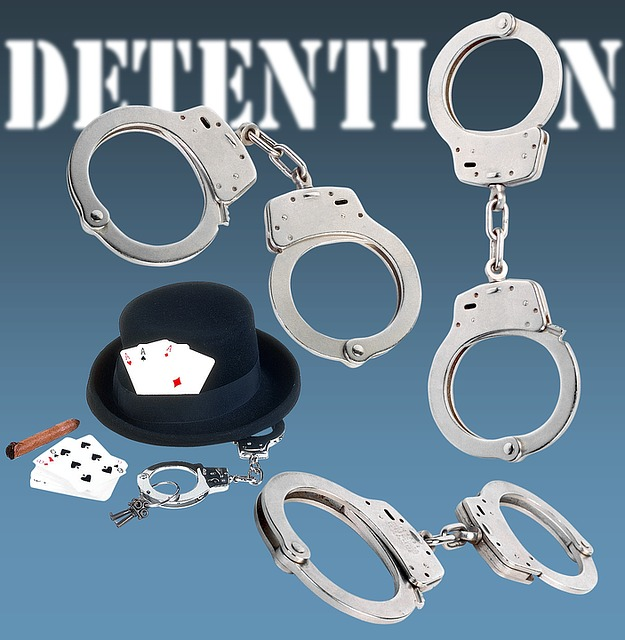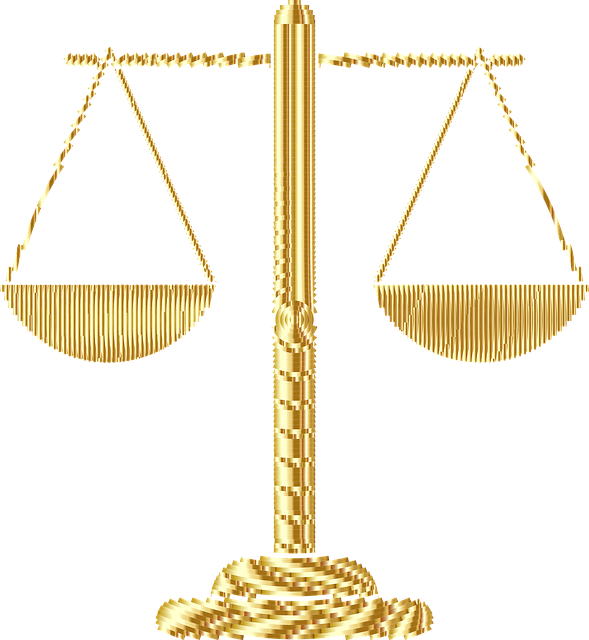Are you underage and just got arrested? Knowing “what to do if you’re underage and arrested” is critical. Your immediate actions—invoking your right to remain silent, contacting guardians, and getting legal help—can heavily influence the outcome of your case. This guide will arm you with the essential steps to take following an arrest, how to navigate the legal steps, and ultimately protect your rights. All with clear instructions minus the complicated legalese.
Key Takeaways
- Minors should stay calm during arrest, and adhere to the law enforcement officer’s requests for identity, but exercise their right to remain silent to avoid self-incrimination and request their guardians immediately after being detained.
- It is imperative to secure legal representation from a juvenile defense attorney as soon as possible post-arrest, ensuring the attorney is informed about all case details while maintaining client-attorney confidentiality.
- Throughout the juvenile justice process, understanding the specific charges and rights is crucial, as well as considering diversion options, and preparing for long-term implications on prospects and mental health.
Immediate Actions Upon Arrest for Underage Individuals

Being arrested can be a frightening experience, particularly for a minor. The fear and confusion can lead to mistakes that may complicate the case. It is important to remember to stay calm and respectful during the arrest process. By doing so, you can avoid escalating the situation and increase the likelihood of a more favorable outcome. Complying with the police officers, who are also law enforcement officers, by providing your identity information, such as name, address, and date of birth when requested, is also crucial. A police officer, like other law enforcement officers, appreciates cooperation and respect.
However, while cooperation is key, it is equally important to invoke your right to remain silent to avoid making any statements that could be used against you in the legal process. This is where understanding your rights and the steps to take immediately upon arrest becomes critical.
Assert Your Right to Silence with Respect
While it is important to comply with the police, you also have the right to remain silent to prevent self-incrimination. The rights that must be disclosed to a minor before custodial interrogation include the right to remain silent and to stop answering questions at any time. It is crucial to assert this right respectfully, politely informing the arresting officers of your wish to exercise it. Asserting your right to silence does not mean you are guilty; instead, it helps you avoid saying something in the heat of the moment that could be used against you later.
Contacting Your Guardians
Another key step in the immediate aftermath of a child’s arrest, especially in cases involving underage drinking, is contacting your parents or guardians. Minors have the right to do this immediately upon arrest. If this request is unreasonably denied by the police, any statements made may be excluded in court, and there may be grounds for a complaint or lawsuit.
Your guardians are your first line of support and can provide necessary assistance and guidance during the legal process.
Navigating Legal Representation

Once you’ve asserted your right to silence and contacted your guardians, the next crucial step is to request a lawyer. Minors have the right to counsel, specifically a juvenile lawyer for defense in court, and it’s crucial to request a lawyer immediately after an arrest to ensure legal rights are maintained. A juvenile defense lawyer’s expertise includes:
- Knowing their clients’ rights
- Protecting against any violations
- Crafting an effective defense
- Breaking down complicated legal concepts into understandable terms for the minor.
Maintaining open and effective communication with your lawyer is essential for ensuring that your rights are well-represented and that you can actively engage in your defense. Remember, your lawyer is there to advocate for you. They can only perform this role effectively if they have all the necessary information about your case.
Securing an Attorney
Juvenile defense is a specialized field that requires attorneys to have intensive training and a comprehensive understanding of developmental science and effective adolescent interviewing techniques. An attorney in this field must possess extensive knowledge of juvenile law and the ability to communicate effectively with underage clients in a developmentally appropriate manner.
A competent attorney can provide parents and juveniles with guidance on informed defense strategies, impacting the detention hearing outcomes. Having a dedicated juvenile defense attorney can significantly affect a young client’s liberty and ensure the child receives the best legal support possible.
Sharing Information with Your Lawyer
Establishing trust and sharing all pertinent information with your defense attorney allows for thorough case preparation, contributing to a more effective defense. Confidential communication with your attorney is crucial and protected from being disclosed to anyone, ensuring privacy and trust in defense strategies.
However, be careful to limit conversations about the case to the attorney-client relationship. Do not share details with friends, family, or peers in detention, as this could compromise your defense. Your attorney is responsible for the discretion in revealing sensitive details from reports and must obtain informed consent from you before any such disclosure.
Understanding Your Charges and Rights

Understanding the charges against you and your rights within the juvenile justice system is crucial. A clear explanation of the charges you are facing will help you understand the legal implications. This understanding is typically provided during the preliminary inquiry, where a court intake worker provides a detailed explanation of the charges, the court process, and your rights.
Juveniles possess a set of specific rights upon arrest, including constitutional protections and additional safeguards provided by state and local jurisdictions. However, understanding juvenile law, including your rights within it, can be complex. Therefore, an attorney’s guidance is essential.
Clarity on Criminal Offenses
One of your fundamental rights is to be informed of the charges against you in a way you can understand. You should be explained what the charges mean and informed about the potential consequences if you are found guilty. This information is vital for understanding your situation and making informed decisions about your defense.
Comprehending Juvenile Rights
Understanding your rights as a minor facing the juvenile justice system is crucial for protecting yourself during the legal process. For instance, Miranda Rights, which are part of a child’s rights, protect juveniles from self-incrimination, but to invoke these rights, minors must explicitly state their wish to remain silent or speak with an attorney.
The U.S. Constitution does not guarantee the right for a parent to be present during a juvenile’s police interrogation, but some states require parental notification, and the presence of parents can influence the voluntariness of a minor’s statement. Any statements made by minors during interrogation can’t be used in court if they weren’t preceded by a Miranda warning.
For Miranda purposes, a minor is considered ‘in custody’ if a reasonable child would not feel free to leave, which takes into account the child’s age and the specific situation.
Preparing for the Detention Hearing

Preparation for the detention hearing is another crucial step in the juvenile justice process. During this hearing, the court will determine whether you should be held in detention or released to your parents’ custody until your trial. A child’s suitability for release from juvenile detention is determined by factors considered by the juvenile court judge. It is crucial to work with your attorney to prepare for your detention hearing.
Unlike adults, minors are not eligible for bail, which differentiates their release process from that of adult offenders in adult court and adult prison.
Detention Center Conduct
If you are placed in a juvenile detention facility, it’s crucial to follow all established rules and to exhibit cooperation with the facility’s staff. Your behavior and conduct within the detention center can significantly influence how a judge perceives you, potentially impacting your case’s outcome.
The Juvenile Court Journey

The journey through the juvenile court process can seem complicated and overwhelming. However, it is designed to provide a framework for addressing juvenile offenses, ensuring legal representation, and determining appropriate outcomes based on individual circumstances. While the juvenile justice system emphasizes rehabilitation, the severity and frequency of crimes can result in more serious consequences such as foster care or detention.
But you are not alone in this journey. Parents or guardians play an instrumental role in the juvenile court process, where their presence can provide necessary support and help in understanding the complexities of the case.
Attending Court Appearances
Attending all required court appearances is a critical part of the legal process. The court accommodates juveniles by providing transportation and setting hearings at times that do not interfere with their school schedule. Attorneys and judges must ensure that juveniles can attend court by implementing appropriate laws and providing necessary support.
Exploring Diversion Options
One of the potential avenues that can be explored in the juvenile justice system is diversion programs. These programs are structured to reroute young offenders from the justice system by providing them with supervision, support, and the opportunity to participate in programming.
Diversion programs have several benefits:
- They reduce the involvement of youth in the deep end of the justice system
- They curtail the need for out-of-home placements
- They are less costly compared to traditional court processing or secure confinement
- The tailored design of diversion programs, which can include rehabilitation services, plays a crucial role in preventing future delinquency, thereby reducing recidivism rates among youth.
Long-Term Strategy and Support
While immediate actions are necessary, it’s also crucial to consider the long-term implications of a juvenile court case. These implications can have severe effects on a youth’s development and plans, including difficulties in sealing or expunging juvenile criminal records, which can impact future background checks and sentencing if convicted again. Moreover, economic consequences resulting from juvenile convictions can impose a significant financial burden on families and contribute to cycles of poverty.
Moreover, a criminal offense in the form of juvenile criminal charges can be detrimental to a youth’s mental health, increasing the risk of:
- anxiety
- depression
- substance abuse
- other disorders
Therefore, seeking both legal representation and the guidance of a probation officer is crucial for juvenile offenders as the criminal court and juvenile court process can be traumatic, and dispositions can profoundly affect their life trajectory.
Impact on Future Prospects
Understanding the impact of a juvenile case on prospects is essential. Juvenile defense attorneys specialize in navigating the juvenile justice system to help minimize the impact of criminal charges on a young individual’s future, aiming to get cases dismissed or sentences reduced when possible. An experienced juvenile defense attorney provides critical knowledge and support, guiding the family through the complexities of plea deals, the trial process, and other legal options.
Economic implications of juvenile offenses can be severe, potentially beginning a young adult’s life with debt and negatively impacting the ability to save for education or other significant investments. It is important for juveniles and their families to discuss the long-term implications of their case with their lawyer to understand how it could affect future educational and career opportunities.
Seeking Emotional and Community Support
The stigma and mental health challenges associated with being labeled a criminal at a young age can lead to long-lasting mental health issues, making emotional and community support vital. A juvenile defender can act as both a lawyer and a counselor, assisting with mental health challenges by:
- Using approaches like Cognitive-Behavioral Therapy to reduce delinquency
- Providing emotional support and guidance
- Connecting the young person with community resources and support networks
Moreover, community support groups within the juvenile justice system play an essential role in addressing the mental health needs of juvenile offenders, offering services like counseling and job skills training. The experience of going through the juvenile justice system can catalyze positive life changes, with opportunities for enhanced socialization and coping strategies post-incarceration.
Summary
Navigating the juvenile justice system can seem daunting. However, understanding your rights, maintaining open communication with your attorney, and seeking emotional and community support can significantly ease the process. Remember, you have the right to be treated with respect and to be informed about every step of the process. Use this knowledge as a guide, but always consult with a legal professional to ensure you have the most accurate and up-to-date information.
Frequently Asked Questions
Can minors get arrested in California?
Yes, minors in California can be arrested and charged with a felony, misdemeanor, or infraction, depending on the nature of the crime.
What happens if a child goes to jail?
Juvenile detention facilities aim to rehabilitate the minor and prepare them for reintegration into society through education and vocational training, to ensure they can function after fulfilling their sentence.
What is the youngest age a child can be arrested?
In most states, the youngest age a child can be arrested is around 8 years old. However, the specific minimum age varies by state, with some as low as 6 and others as high as 12 for certain crimes.
What should I do immediately upon arrest as a minor?
Stay calm, be respectful, and assert your right to remain silent. Provide your identity information and contact your parents or guardians immediately.
How important is it to secure a lawyer experienced in juvenile defense?
It is crucial to secure a lawyer experienced in juvenile defense as they will know your rights, protect against violations, craft an effective defense, and explain complex legal concepts in a way you can understand. This ensures the best representation for your case. For criminal legal representation in Utah contact: Darren Levitt of Levitt Legal.
